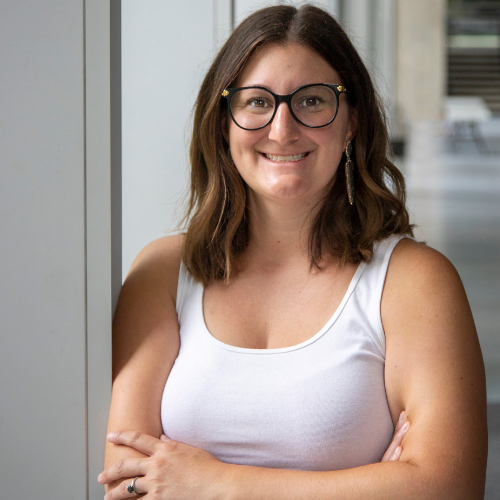none
Nicole Novroski
Assistant Professor, Forensic Science Program (Dept of Anthropology), University of Toronto
Dr. Nicole Novroski is currently an Assistant Professor in the Forensic Science Program (Dept of Anthropology) at the University of Toronto. Her research focus throughout her PhD, and now as a faculty member, is DNA mixture deconvolution. Nicole is also exploring a variety of new approaches and methods for forensic DNA typing.



